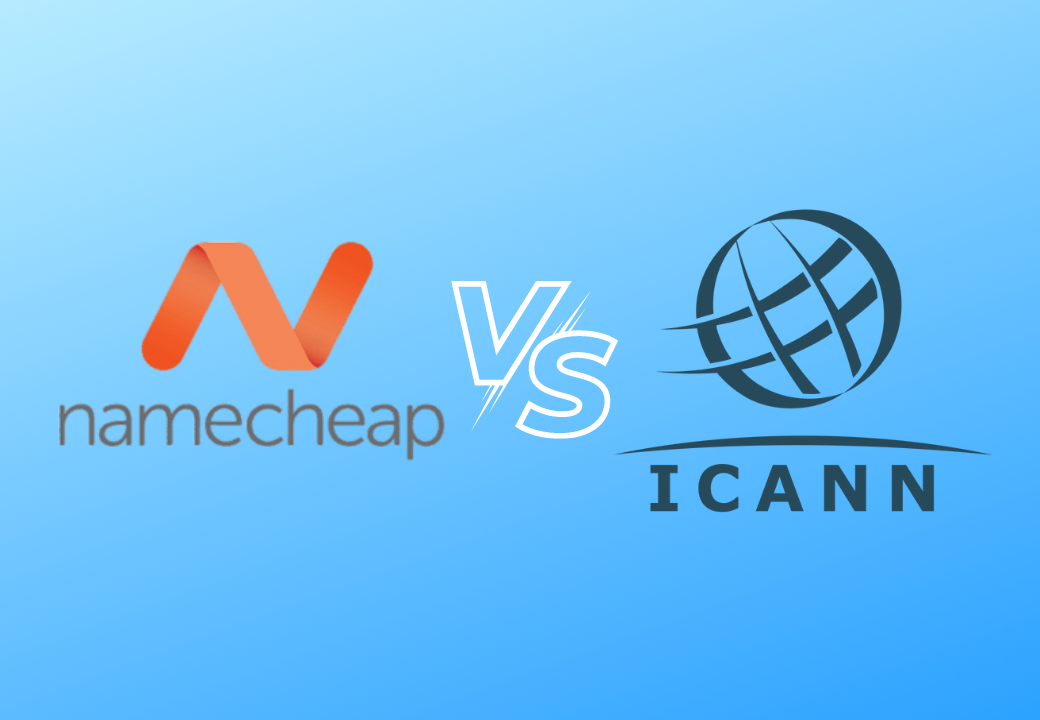In the ever-evolving domain of internet governance, few disputes have captured as much attention as the ongoing tussle between Namecheap, a leading domain name registrar, and ICANN. Today we’re going to dig deeper into the chronological sequence of events that showcases Namecheap’s relentless pursuit to safeguard domain name price caps. It is now a year since the court’s unanimous decision, but Namecheap alleges that ICAAN did not comply with all the recommendations contained in the court ruling.
The underlying issues: price caps and transparency
The crux of the dispute revolves around the decision made by ICANN before 2019 to lift the price caps on .org, .info, and .biz domain names. This decision was met with substantial public outcry, especially since it led to fears of unchecked price increases that could impact many non-profit organizations relying on .org domains. Namecheap’s legal action seeks not only to challenge this decision but also to address broader concerns about ICANN’s decision-making process and its transparency.
The initial victory: a year ago
About a year ago, Namecheap claimed a significant victory in its ongoing battle against ICANN over the price caps for .org and .info domain names. This victory stemmed from Namecheap’s challenge against ICANN’s decision to lift price caps on these domain names, which Namecheap argued was not in the best interest of domain registrants and registrars.
“Removing the price cap on .ORG and .INFO would likely lead to unchecked price increases in those TLDs and others. The IRP’s decision verifies what we’ve been saying all along. The way ICANN removed price caps was improper and violated its own bylaws. ICANN must be more transparent and listen to economic experts and public comments moving forward.” — Richard Kirkendall, Namecheap CEO
The dispute was brought before the Independent Review Process (IRP), where Namecheap emerged partially victorious.
The IRP panel’s recommendations were clear — ICANN’s Board, not its staff, should make the ultimate decisions regarding the implementation of price caps on .org and .info domain names. It suggested that ICANN should consider retaining price controls for these domains, especially given .org’s non-profit nature. Despite these recommendations, ICANN’s subsequent actions — or lack thereof — led to growing frustrations within the Namecheap camp.
The escalation: Namecheap sues ICANN
Fast forward to February 5, 2024, Namecheap escalated the dispute by filing a lawsuit against ICANN. This move came after more than a year of what Namecheap perceived as ICANN’s inaction following the IRP ruling. The lawsuit, filed in Los Angeles Superior Court, seeks to force ICANN to comply with the IRP panel’s recommendations, particularly the suggestion to revisit the decision to lift price caps on .org and .info domain names.
Namecheap’s CEO, Richard Kirkendall, voiced his frustrations on social media, stating that the lawsuit was a necessary step given ICANN’s reluctance to adhere to the recommendations of the mediation process. The core of Namecheap’s argument is ICANN’s failure to act in the best interest of the internet community with complete transparency, a stance that has led to the current legal showdown. Kirkendall also attached a petition and application for a mandatory injunction document that the wider public can read.
Looking forward: implications of the legal battle
As Namecheap and ICANN prepare to face off in court, the outcome of this legal battle could have far-reaching implications for the governance of the internet’s naming system. A victory for Namecheap might not only ensure the reintroduction of price caps for .org and .info domain names but also set a precedent for how disputes of this nature are resolved in the future. It could force ICANN to adopt a more transparent and stakeholder-driven approach in its decision-making processes.
Conclusion: a battle for the soul of the Internet
The ongoing legal battle between Namecheap and ICANN is more than just a dispute over domain name pricing; it’s a struggle for the soul of the internet. It raises critical questions about accountability, transparency, and the role of stakeholders in governing the internet’s critical resources. As we watch this battle unfold, it’s essential to remember that its outcome will likely influence how the internet evolves in the coming years, affecting everyone from individual users to large organizations. Namecheap’s warpath with ICANN is a reminder of the constant vigilance required to ensure the internet remains open, accessible, and fair for all its users.
Kamil Kołosowski
Author of this post.
